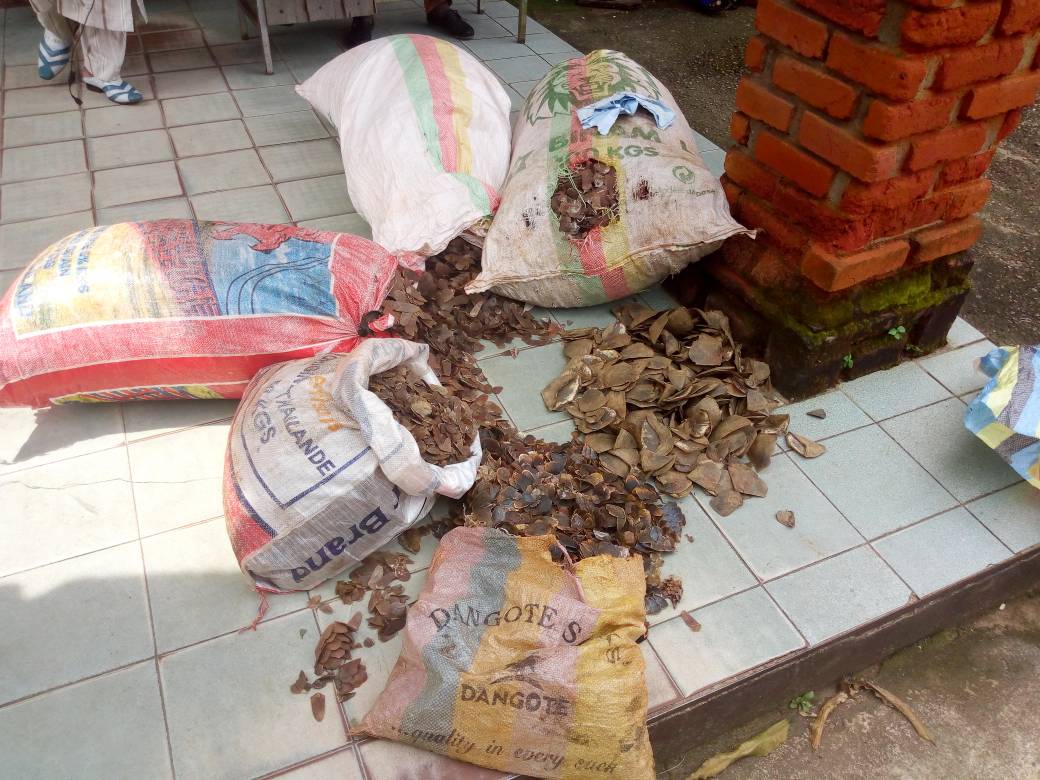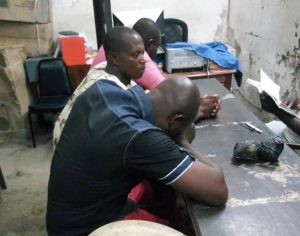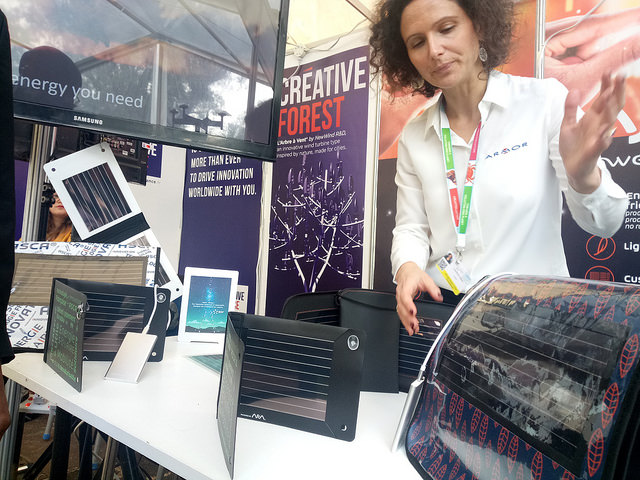
By Elias Ngalame
Cameroon has intensfied the fight against wildlife traffickers. On December 22, wildlife officials led an operation with the Judicial Police at the Camp Yabassi neighbourhoud in Douala and arrested three traffickers who had been unlawfully selling pangolins scales.
The three were arrested and taken to the Bonanjo Judicial Police station were they spent the night and the following day, they were taken to the Littoral Regional Delegation of Forestry and Wildlife for the commencement of interrogations and the drafting of a compliant report. Two days later, they were presented to the state counsel who remanded them in custody awaiting trial.
The operation was carried out with the technical support of LAGA, an organization specialized in wildlife law enforcement. During the investigations leading to their arrests, according to sources that requested for anonymity, key details of the trafficking network emerged.
According to the sources, the gang operated in the East Region, principally in Doume were two of the three were based and in Douala.
The two who were based in Doume bought pangolin scales from other smaller traffickers, in the small town and villages around, putting together hundreds of kilogrammes of scales and would travel to the Douala to hook up with the third trafficker who did the marketing, searching for clients, negotiating the prices and selling the products.
This was done from his home and it was during this transaction that police and wildlife officials made an incursion in the scene and arrested them red-handed. Five bags of pangolins scales weighing 128kg were recovered from the scene.
Our sources told us that the illegal business had been going on at this premises for some time and ivory was one of the major products that was trafficked by the gang. Prior investigations had equally established that the gang was deeply involved in ivory trafficking.
Wildlife law enforcement experts say there is a probable link between ivory and pangolin scales trafficking. Ivory traffickers are taking advantage of their long-groomed skills in handling bulk to engaging in pangolin trafficking that warrants bulk management skills.
The expertise needed in concealing and transporting ivory is clearly adapted to handling of pangolin scales. The recent surge in prices of pangolin scales in Asian markets is attracting ivory traffickers into the scales business. Many ivory traffickers have shifted into pangolin scales trafficking or simply included scales trafficking to their portfolio. This can only be extremely bad news for law enforcement agencies because ivory traffickers are among the most sophisticated in the business and very difficult to investigate and arrest.
Wildlife officials in Sangmelima arrested three traffickers and four ivory tusks and giant pangolins scales were seized

and about a week later, police arrested three people at the Bois de Singe neighourhood in Douala, 158 ivory tusks and 500kg of pangolin scales heading for Nigeria were seized.
Two different operations in different two different towns, within a week but having one thing in common, ivory and pangolin scales. Several operations carried out within the framework of the initiative started by the Ministry of Forestry and Wildlife in 2003 to effectively track and arrest traffickers have indicated there is a link between ivory and pangolin trafficking and the bigger picture seems to have finally emerged warranting an intensification of enforcement measures.
According to the wildlife law anyone found in possession of part or whole of a protected wildfire species is considered to have killed or captured the animal and could face an imprisonment term of up to 3 years. The three suspects aged 42, 41 and 33 who are presently behind bars may stay there for a very long time if they are found guilty during a trial that shall soon be coming up.












